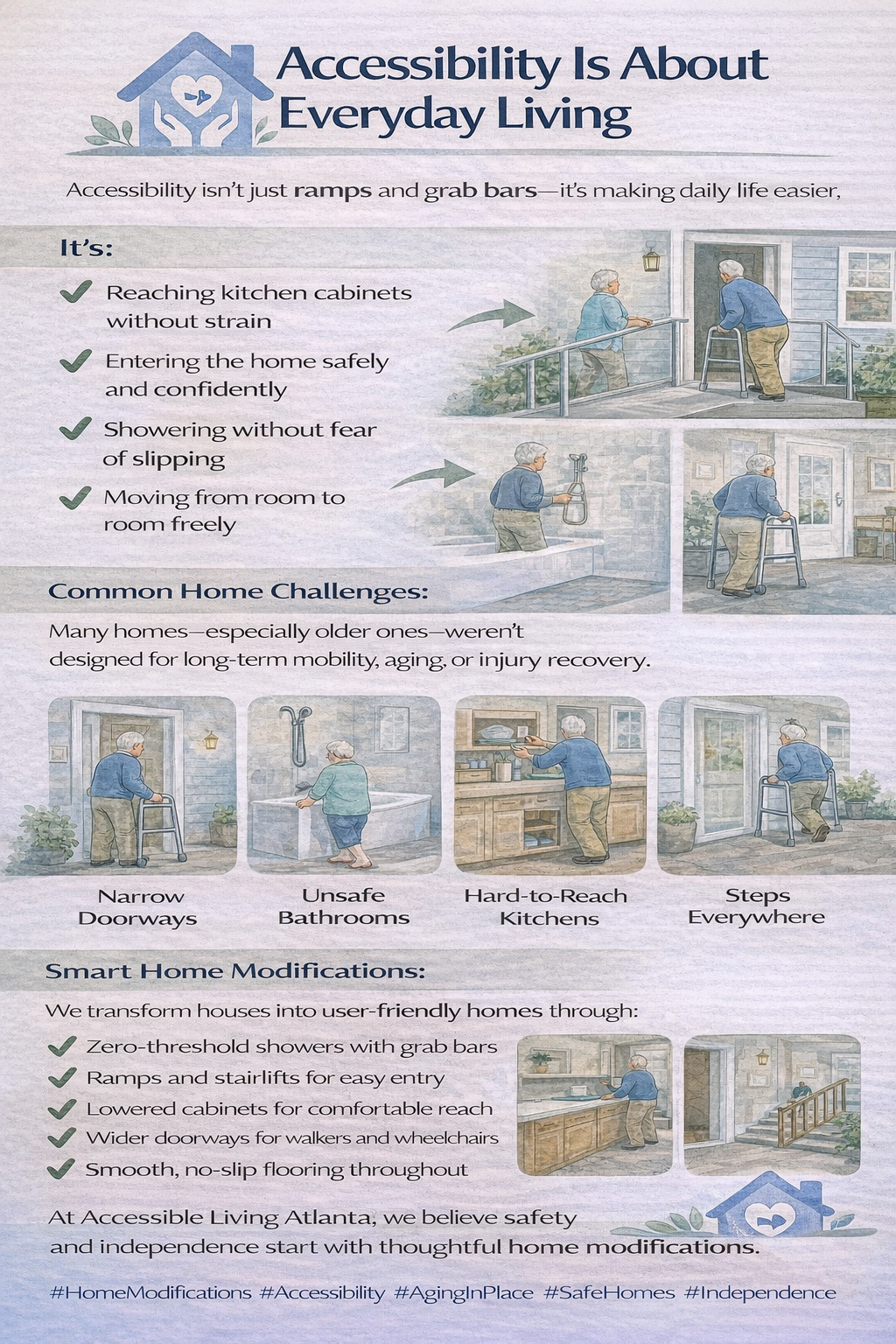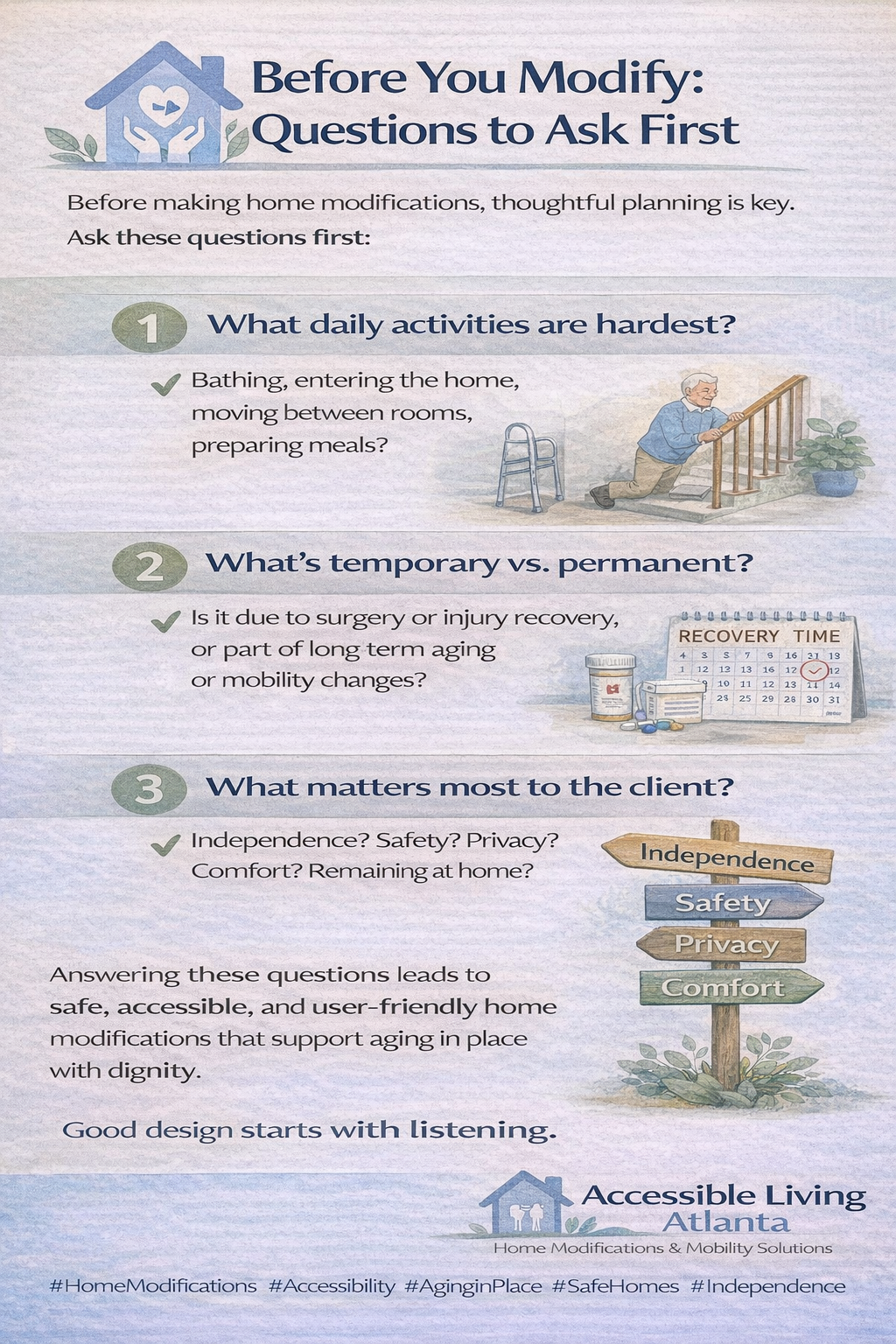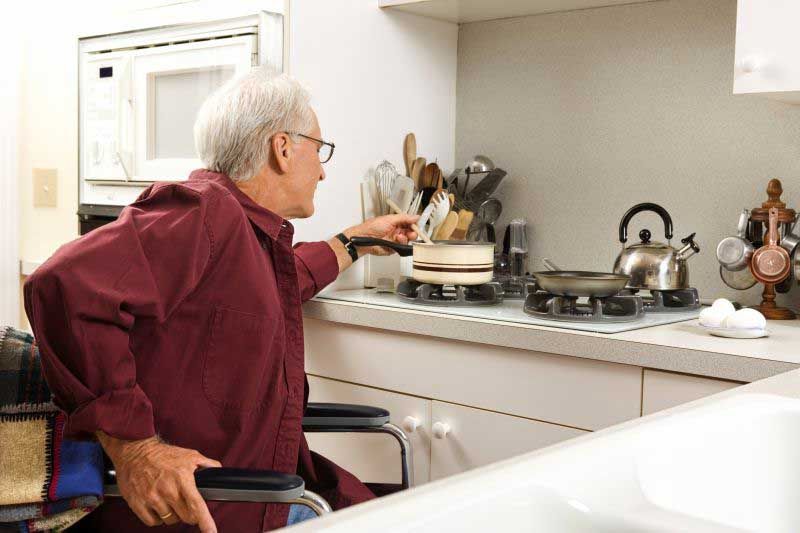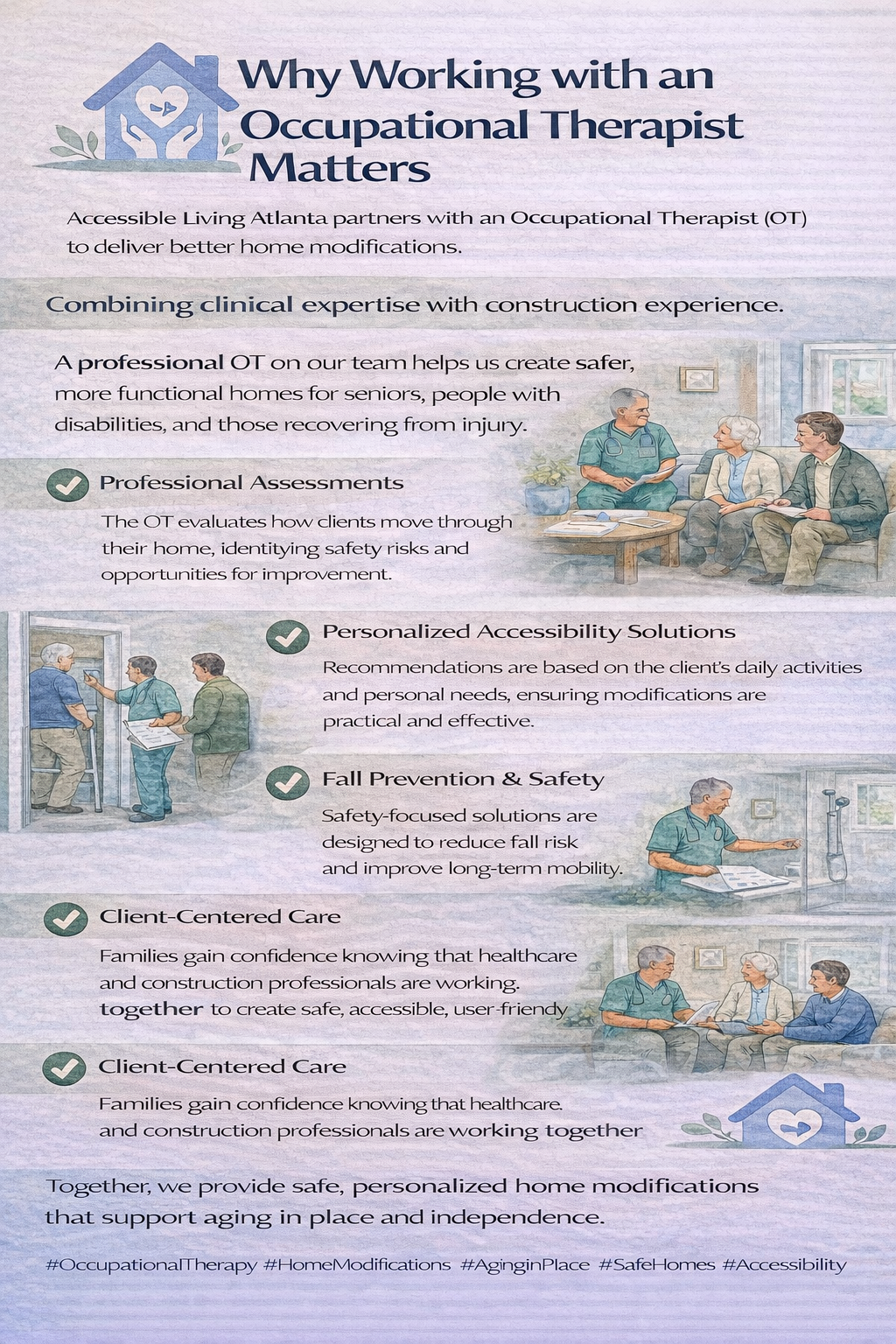Older Adults Most Concerned About Healthcare Costs Ahead of Election
— Of healthcare-related concerns, costs of long-term care rose to the top
by Sophie Putka, Enterprise & Investigative Writer, MedPage Today
August 14, 2024
Ahead of the 2024 election, five of the top six health concerns of adults 50 years and older were related to costs of healthcare and health insurance, a nationally representative survey found.
For the top spot, 56.3% (95% CI 53.7%-59%) reported being "very concerned" about the cost of home care, assisted living, and nursing home care, John Ayanian, MD, MPP, of the University of Michigan in Ann Arbor, and co-authors reported in JAMA.
Cost of medical care, cost of prescription medications, financial scams and fraud, cost of health insurance and Medicare, and the cost of dental care rounded out the top six, ranging from 56.2% (95% CI 54.3%-58.1%) to 44.6% (95% CI 42.9%-46.3%).
"Adults 50 years or older cast more than half of all ballots in the 2020 U.S. election," Ayanian and colleagues wrote. "Issues related to health and healthcare are often key factors for voters, particularly for older adults who typically have greater health needs than younger adults."
Adjusted analyses showed significant differences between certain groups of adults who reported they were "very concerned" about medical care costs:
- Women vs men (59.3% vs 54.1%, P=<0.01)
- Liberals vs moderates (68.2% vs 56.4%, P<0.001)
- Moderates vs conservatives (56.4% vs 51.4%, P<0.05)
- Those ages 50-64 vs 65-101 (59.6% vs 53.4%, P<0.001)
- Those in nonmetropolitan vs metropolitan areas (61.7 vs 55.9%, P<0.05)
"It really is striking that so many of those issues are top concerns and worries for people," Lori Smetanka, executive director of the National Consumer Voice for Quality Long-Term Care in Washington, D.C., who was not involved in the study, told MedPage Today. "It goes to the need to ensure that people have good options for retirement planning, or end of life planning, or planning for care in their future. People need quite a bit of support, and our policies need to reflect that."
Like all healthcare, "the costs are just tremendous, and they rise significantly every year. So unfortunately, it's the way our health system operates, and long-term care has been a part of that, and has been very, very costly," Smetanka said. With an increasingly older population, and with people living longer overall, there is more need for medical services.
Smetanka emphasized that these concerns are relevant not only to older adults, but to families that the costs and care often fall to. It's not unusual, she said, for people to leave their jobs and move back home to care for older adults, use money saved for their own retirement on medical expenses, or even deplete all their resources in order to qualify for Medicaid, which offers a nursing home care benefit. More support for care at home or community-based settings is needed, she said.
Of those running for office, she said, "How will the policies that they promote best support families and family caregivers so that people have choice and access ... but also support the families that are providing so much of that uncompensated care?"
"Those are really important elements that we need to be asking our candidates and our policymakers as we move forward in this election," she said.
The authors wrote that in order to "engage older voters, candidates for president and Congress should prioritize communicating their plans for controlling healthcare costs."
The study was part of the larger National Poll on Healthy Aging, a recurring survey which uses a probability-based sample of the U.S. household population. It was conducted online and by phone from February 22 to March 12, 2024 with a stratified random sample of adults ages 50 to 101 years. In total, 2,576 of the 3,626 invited adults completed the survey. The mean age was 65.2, 53.1% were women, and 77.1% of participants were white, non-Hispanic.
Based on focus group and pilot testing, a research team designed 26 health policy-related issues and participants were asked to rate their level of concern on each as "very," "somewhat," or "not concerned." Other issues included access to home care, assisted living, or nursing home care; healthcare quality; health misinformation; access to affordable healthy foods; poverty; neighborhood safety; and social isolation or loneliness, among others. Researchers calculated weighted percentages for participants who reported being "very concerned" about each issue.
Study limitations included a lack of data on personal health concerns and non-health issues that could influence older voters' preferences.





